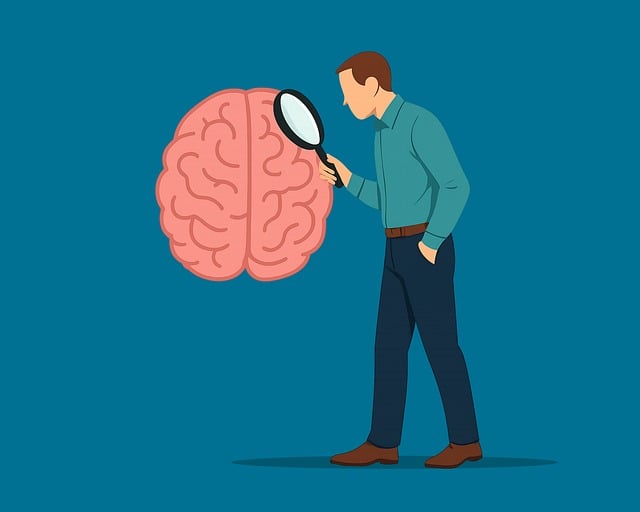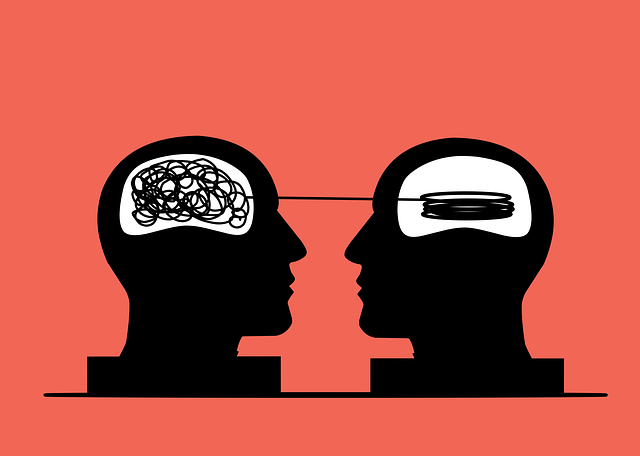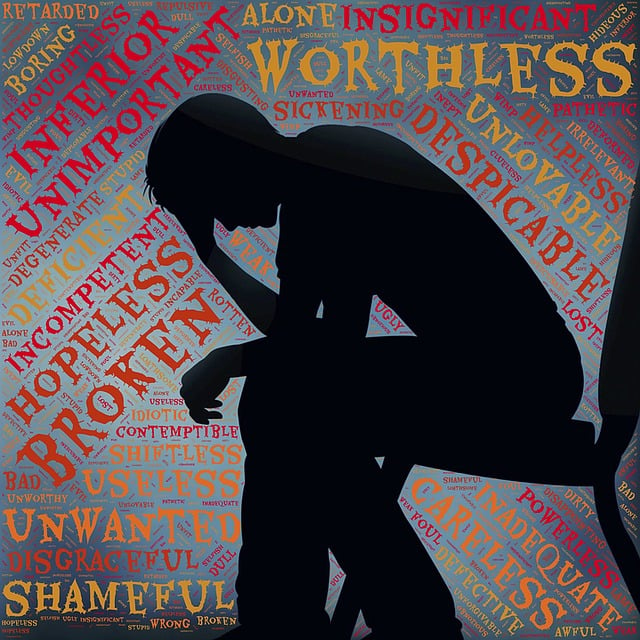In today's media landscape, while awareness of mental illness has grown, stereotypes and inaccurate depictions still persist, hindering empathy and support for conditions like superior depression therapy. Media has a profound impact on public perception, shaping both positive awareness and harmful stigmas. To break down stigma, media must tell authentic stories that showcase diverse experiences, complex conflict resolutions, and holistic treatment approaches. Positive representation increases mental health awareness and encourages seeking superior depression therapy. Creative media strategies, such as integrating conflict resolution and interactive tools, can destigmatize depression and improve access to quality care.
In today’s media landscape, the representation of mental illness plays a pivotal role in shaping public perception. This article explores the current state of mental health portrayal in media and its profound impact on society. We delve into the challenges posed by stereotypes and inaccurate depictions, offering insights into how positive change can be fostered through effective strategies. Furthermore, we highlight innovative approaches to superior depression therapy utilizing media, presenting a comprehensive guide for navigating this crucial aspect of modern mental healthcare.
- Understanding the Current State: Mental Illness Portrayal in Media
- The Impact of Stereotypes and Inaccurate Depictions
- Promoting Positive Change: Effective Strategies for Representation
- Superior Depression Therapy: Innovative Approaches through Media
Understanding the Current State: Mental Illness Portrayal in Media

In today’s media landscape, the representation of mental illness has evolved significantly, yet challenges remain. For years, mental health issues were often portrayed stereotypically or left out entirely from narratives, leading to a limited and often inaccurate understanding among the general public. This lack of nuanced portrayal can hinder empathy and support for those grappling with superior depression therapy and other mental health conditions.
Media has a profound impact on shaping societal perceptions, making accurate representation crucial. Today’s audiences are more aware than ever of the complexities surrounding mental illness. However, there is still a need for more authentic storytelling that reflects the diverse experiences of individuals dealing with stress management and mood disorders. By incorporating conflict resolution techniques and emphasizing holistic approaches to treatment, media can contribute to breaking down stigma and fostering understanding.
The Impact of Stereotypes and Inaccurate Depictions

The media has a significant impact on shaping public perception, and when it comes to mental illness, this influence can be both positive and detrimental. Stereotypes and inaccurate depictions in popular culture contribute to the stigmatization of mental health issues, often portraying conditions such as depression as something to be ashamed of or feared. These representations can hinder individuals from seeking help and promote the idea that there is a ‘one-size-fits-all’ approach to therapy, which is simply not true for complex disorders like superior depression (a term used here to represent severe depressive disorders).
Inaccurate media portrayal may lead to an oversimplification of treatment processes, suggesting quick fixes or magical cures. This can be particularly harmful when it comes to serious mental health conditions, as it distracts from the effectiveness and importance of evidence-based practices like those offered in burnout prevention strategies for healthcare providers. Public Awareness Campaigns Development can play a vital role in countering these stereotypes, encouraging empathy, and promoting understanding through sharing authentic stories that emphasize emotional regulation as a key aspect of recovery.
Promoting Positive Change: Effective Strategies for Representation

Media plays a pivotal role in shaping societal perceptions about mental health. Positive representation can foster mental health awareness and reduce the stigma surrounding conditions like superior depression therapy, encouraging individuals to seek help. By depicting characters going through emotional healing processes authentically and with nuance, media has the power to influence public opinion and drive conversations around mental wellness.
Effective strategies for responsible representation include consulting with mental health professionals during production, ensuring diverse narratives that reflect the lived experiences of various demographics, and promoting accurate portrayals of treatment options. These initiatives, combined with open dialogue about burnout prevention strategies for healthcare providers, can contribute to a more compassionate understanding of mental illness, ultimately leading to better support systems and improved access to superior depression therapy.
Superior Depression Therapy: Innovative Approaches through Media

In recent years, media has played a pivotal role in shaping public perception of mental health, particularly when it comes to depression. While traditional representations have often fallen short, innovative approaches are emerging, offering what can be termed Superior Depression Therapy. By utilizing media’s vast reach and influence, these new strategies aim to educate, destigmatize, and provide accessible support for those struggling with depression.
One such approach involves integrating conflict resolution techniques into therapeutic narratives, mirroring real-life challenges individuals face. This not only helps viewers relate to characters’ struggles but also provides them with valuable coping mechanisms. Additionally, media platforms can offer interactive tools and resources for risk assessment for mental health professionals, enabling early identification and intervention of depression symptoms. Through these creative avenues, media becomes a powerful ally in the fight against anxiety relief and the promotion of Superior Depression Therapy.
In conclusion, the current state of mental illness representation in media has significant implications, highlighting the need for more accurate and nuanced portrayals. The impact of stereotypes and inaccurate depictions can perpetuate stigma and misunderstanding. However, by adopting effective strategies that promote positive change, we can foster a more inclusive and supportive environment. Innovations in superior depression therapy, facilitated by responsible media representation, offer hope for improved mental health outcomes. It’s essential to continue these conversations and support efforts that challenge negative narratives, ensuring that media accurately reflects the complexities of mental illness.












